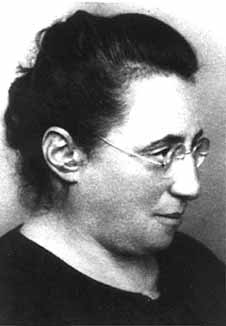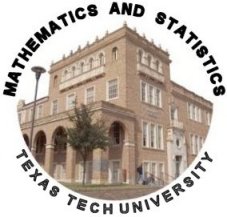Workshops for Students
To Play or Not to Play (the real story behind games of chance)
Dr. Kimberly Drews, George Washington University
Abstract: This will be a brief and down-to-earth introduction to game theory.
Math and Juggling
Dr. Arne Ledet (assisted by Dr. Ram Iyer), Texas Tech University
Abstract: In juggling, the balls follow distinctive patterns.
These patterns can be described mathematically in several ways,
for instance as strings of numbers or by means of directed graphs.
We will explain these mathematical descriptions, and illustrate
how they relate to the actual juggling.
That's Not Fair! - A Tale of Mathematical Division
Dr. Cynthia Martin, McMurry University, Texas
Abstract: That's Not Fair! This is a phrase that we have all
heard or said, but what does it mean for something to be fair?
This workshop will look at ways mathematics can help us determine
what is fair. This will be an interactive workshop that will allow
participants to experience some of the methods of Fair Division.
We will discuss the Knaster inheritance procedure, the lone-divider
method and the last-diminisher method.
Having A Sphere of Fun---Paper Plates Folding
Dr. Lih-Ing Roeger, Texas Tech University
Abstract: Paper plates are not for picnic only; you can have fun
with them too. Come and enjoy the hands-on activities of folding
paper plates into shapes of spheres. I will show you how to use the
folded paper plates and hair pins to form sturdy spheres.
The Mathematics of the Human Machine
Dr. Lawrence Schovanec, Texas Tech University
Abstract: Why can some people run faster, jump higher, or
lift more weight than others? These activities are achieved
by the musculoskeletal system (the muscles, bones and joints)
under the control of the nervous system. To answer this question we
need to understand the relationship between structure and function of the
musculoskeletal system. We will explore the mathematics and physics of
motion and basic mechanical concepts that can be used to model
human activities and illustrate these concepts by a combination of
calculation and human experiment.
So You Want to be a Statistician?
Dr. Alex Trindade, Texas Tech University
Abstract: This will be an overview of what statistics is, how statistics
permeates every facet of our daily lives, what statisticians do, some
projects I've worked on, and how to become a statistician.
|
 |



